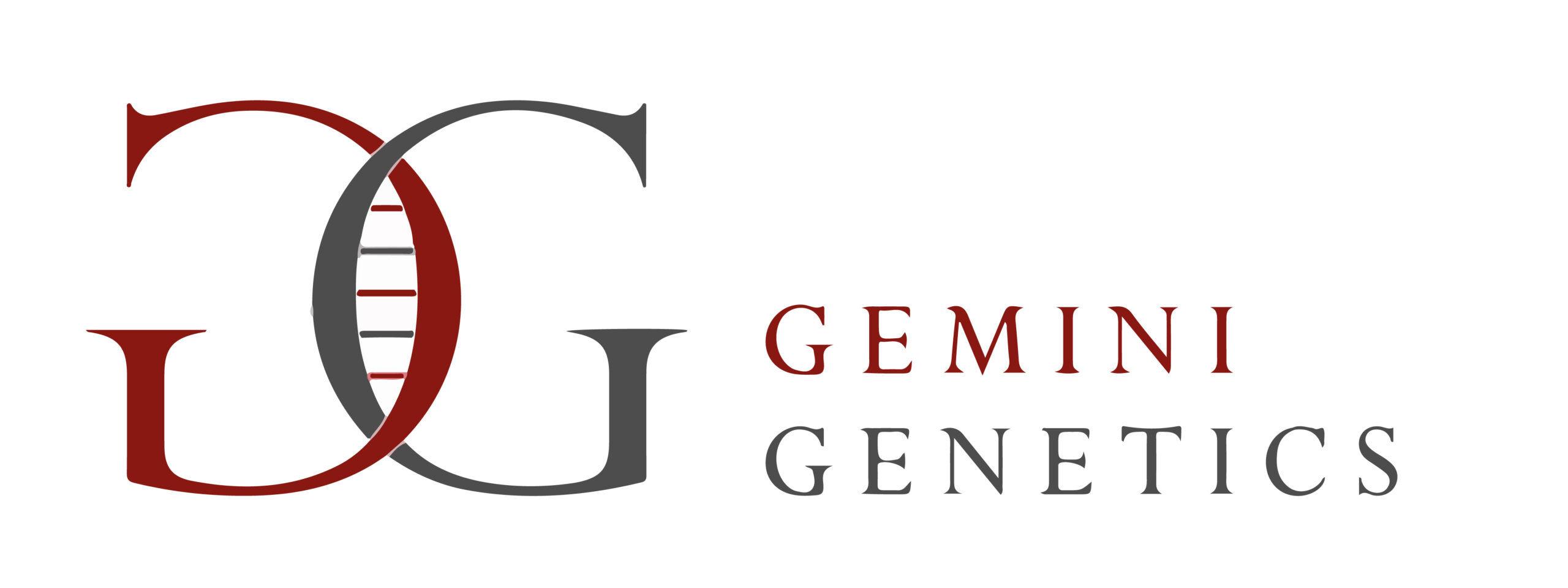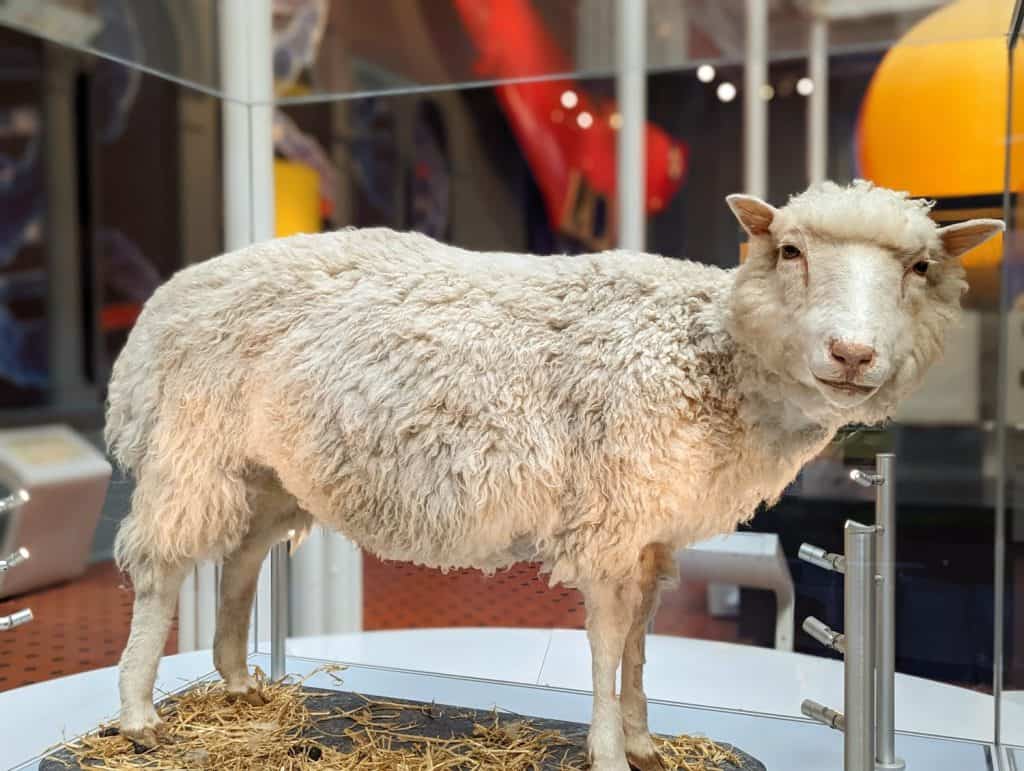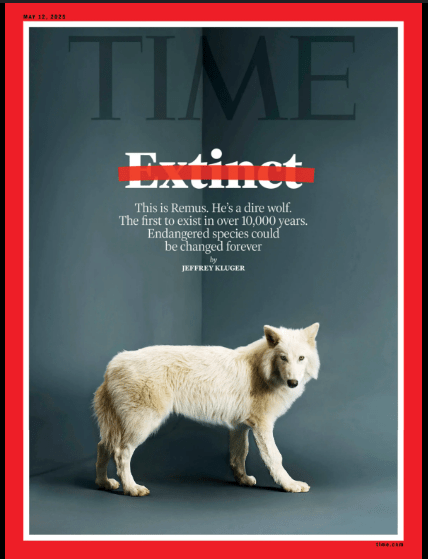Dolly The Sheep - Pioneering the Future of Cloning In the annals of scientific breakthroughs,…
Cat Cloning FAQs UK: Your Questions Answered

Cat Cloning FAQs UK: Your Questions Answered
Cat cloning is a fascinating and emotional journey for many pet owners. At Gemini Genetics, we receive a wide range of questions from our UK clients about the process, costs, and logistics of cloning their beloved cats. To help you better understand this innovative service, we’ve compiled a list of frequently asked questions about cat cloning FAQs UK.
1. What is cat cloning, and how does it work?
Cat cloning is the process of creating a genetic twin of your cat by using its DNA. The process begins with taking a small skin sample from your cat, which is preserved and prepared for cloning. The preserved genetic material is later used to create an embryo that is implanted into a surrogate mother. The result is a healthy kitten that shares 99.9% of the original cat’s DNA.
At Gemini Genetics, we handle the initial stages of genetic preservation and cell culture in the UK. Once you’re ready to proceed, we coordinate with our trusted partners, ViaGen Pets & Equine, to complete the cloning process.
2. What type of sample is needed to clone my cat?
To clone your cat, we require a skin biopsy. This is because skin cells regenerate quickly, making them ideal for cloning. For live cats, the sample is taken under veterinary supervision, typically from the inner thigh. For cats that have passed away, we request:
A snip of ear tissue (approx. 2cm x 2cm).
1 x 6mm biopsy punch from areas like the chest, neck, or inner thigh.
It’s important to keep the sample chilled (not frozen) and send it to us within five days of collection. We also ask that your vet takes the samples in post mortem situations. This is so they can ensure samples have been taken in a clean manner and so they can confirm the health status of your cat. At Gemini Genetics, we want to ensure the highest service of genetic preservation, cell culture & cloning, and that starts with ensuring high quality sample taking.
3. How much does cat cloning cost in the UK?
The costs involved in cat cloning include:
Genetic preservation: £600 (+VAT).
Cell culture: £1,600 (+VAT).
Cloning process: $50,000 USD (approx. £45,000 depending on exchange rates).
Storage fees: £12/month (+VAT).
These fees reflect the advanced technology and expertise required for cloning. While the final costs may seem high, many clients find comfort in preserving their cat’s genetics for possible cloning in the future.
4. When should I take a sample for cloning?
Timing is critical for successful genetic preservation. If your cat has passed away, the sample should be taken within five days. The body must be kept chilled at +4°C (refrigerator temperature) during this time. Freezing the body or sample can reduce the viability of the cells.
For live cats, the sample can be taken at any time, but only upon veterinary approval. Please speak to your cat’s vet for their approval on whether live sample taking is an option and is suitable for your cat.
5. Why do people choose to clone their cats?
Clients choose to clone their cats for a variety of reasons, including:
- Preserving a Legacy: To maintain the unique genetics of a much loved feline companion or a rare breed cat.
- Emotional Comfort: Knowing their cat’s DNA is preserved can provide peace of mind.
- Recreating the Bond: A cloned cat offers the chance to experience the same love and companionship as the original.
6. Is cat cloning ethical?
The ethics of cat cloning vary depending on personal beliefs. At Gemini Genetics, we understand the emotional importance of pets and ensure that the cloning process is carried out with the utmost care. That’s why we are partnered with ViaGen Pets who are world leaders in this area of animal reproduction, and are a team of animal owners and animal lovers themselves. Like us here at Gemini Genetics, the team at ViaGen Pets truly understand the importance and significance of cloning to their clients.
7. What happens after my cat is cloned?
Once the cloning process is complete, the kittens are cared for at ViaGen Pets & Equine in the United States until they are weaned. After this, arrangements are made to transport your cloned kitten back to the UK. ViaGen Pets & Equine will assist with any questions or needs you may have once you are at the stage of wanting to clone your cat.
8. How long can genetic material be stored?
Genetic material preserved at Gemini Genetics can be stored indefinitely. This gives you the flexibility to decide when—or if—you’d like to proceed with cloning. Our secure storage facilities ensure the integrity of your cat’s DNA for years to come. A small storage fee of £12 per month is applicable, as detailed on our price list page.
9. Can I clone my cat if I live outside the UK?
Yes! While Gemini Genetics is based in the UK, we work with clients across the EU. In fact, over half of our clients are from the EU! The process for genetic preservation and cloning remains the same, but we recommend checking with your local veterinarian for any country-specific regulations.
10. How do I get started with cat cloning in the UK?
To begin the process, contact Gemini Genetics to discuss your needs. Our compassionate team will guide you through the steps of genetic preservation, sample collection, and cloning. Whether you’re ready to clone your cat now or want to preserve their genetics for the future, we’re here to support you every step of the way.
Final Thoughts
Cat cloning is a deeply personal decision, and we’re here to provide the information and support you need to make the right choice for you and your feline companion. If you have more questions about cat cloning FAQs UK, feel free to reach out to Gemini Genetics today. Together, we can help you preserve the bond you share with your beloved cat.



